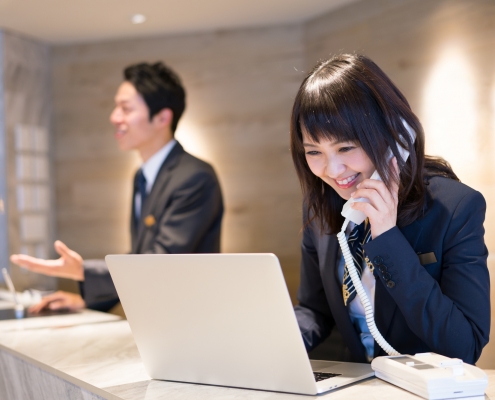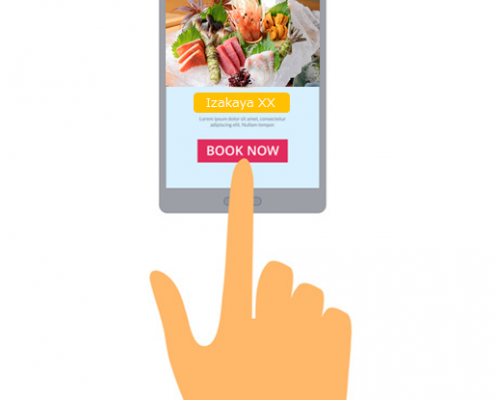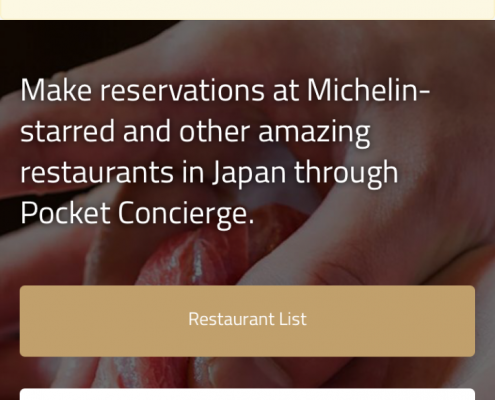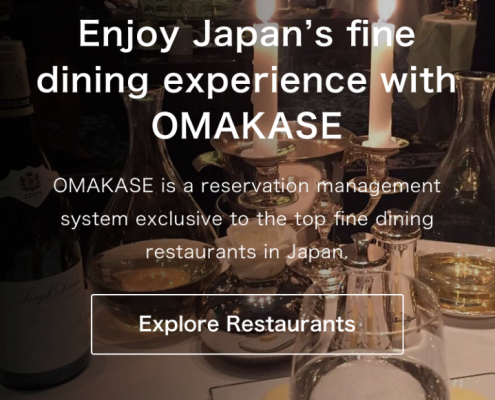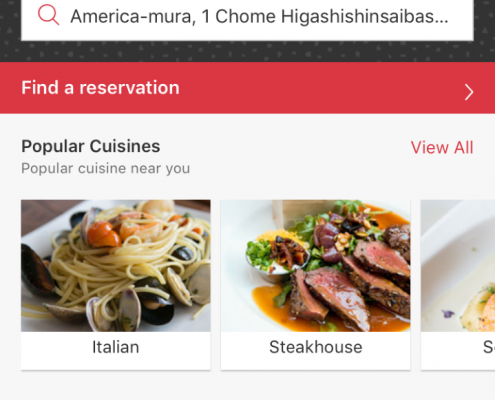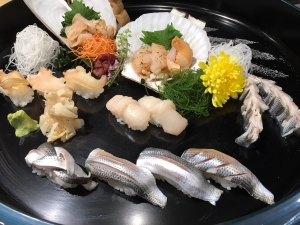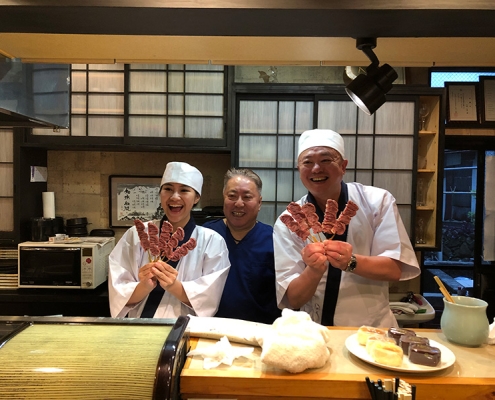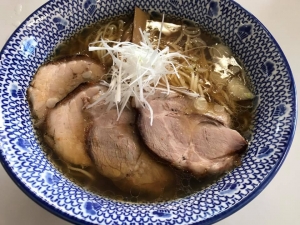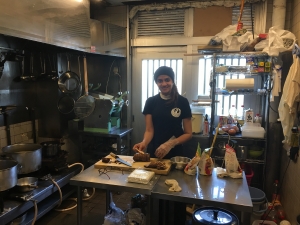How to make a reservation at fine dining restaurants in Japan?
Always make a reservation in advance!
As of 2019, more than 30 million people visit Japan from abroad every year and it is getting difficult to make a reservation at some popular restaurants that attract both local customers and tourists.
You may have to wait for 2 to 3 months to get a table at a super popular restaurant, so we recommend that you make a reservation beforehand if you have a place you want to go during a short stay.
How to make a reservation?
Nowadays, more people in the food service industry can speak English than before, but it is estimated that still only 10 – 20% of the restaurants in Japan have the staff fluent in English. You can call or e-mail the restaurant first and if it is difficult to communicate to make a reservation, please try the following ways.
Ask a concierge or front desk staff at a hotel
Since hotel concierges and front desk staff are used to making a restaurant reservation for guests, asking them for help is the first step.
Ask a Japanese friend
If you are not fluent in Japanese, you can also ask your Japanese friend to get a table. When someone is making a reservation for you, the restaurant may not take a reservation at all or charge an extra fee for a deposit, so you should check their policy.
Use an online booking site
Like opentable well known in the United States and Europe, Japan has several restaurant reservation sites, including Pocket Concierge, Omakase and more. Some websites may charge an extra fee when they make a reservation for you, so check their policy first.
When to make a reservation
Whether you call the restaurant yourself or ask a concierge to do so, the restaurant may not be able to answer or give a curt response if they are busy. It depends on each restaurant, but it is recommended that you call before dinner hours begin, around 4 to 5 pm Japan time.
Information you need t make a reservation
Please give the following information when you book a table.
1) Date and time (with back-up options preferred)
2) Name
3) Number of people
4) Food allergy or any other dietary restrictions
5) Contact number (a Japanese phone number preferred)
How to pay?
You can use a credit card at most of the high-end restaurants, but they may not accept a debit card. Please check beforehand the methods of payment accepted at the restaurant.
Cancellation
No shows (people do not show up for their reservation) have been becoming a serious problem recently, both with tourists from abroad and local customers. Many high-end sushi restaurants or Japanese restaurants are individually run and have the small number of seats (about 10) so that one owner can keep an eye on the whole place.
Repeated no shows can be a serious threat to the business of such restaurants. After you make a reservation, try not to cancel to the best of your ability. If you have to cancel, please contact the restaurant as soon as possible. The restaurant may charge a cancellation fee if it is close to the reservation, so check their policy when you book a table.
Restaurant Location
Since some restaurants in Japan may not have signs or their signs are in Japanese only, it can be difficult to find the place if it is your first visit.
To avoid arriving late, check the location and appearance of the restaurant beforehand. If you search the images on Google, you should be able to find the appearance!
Related Articles
Would you like to know more?
Culinary Schools
Tokyo Sushi Academy
The first and the most popular sushi school in the world.
Japan Culinary Institute
Japanese culinary training including sushi, kaiseki, yakitori, wagashi and more.
Miyajima Ramen School
More than 1,000 graduates from over 50 countries.
International Ramen School
Ramen study program combined with OJT

